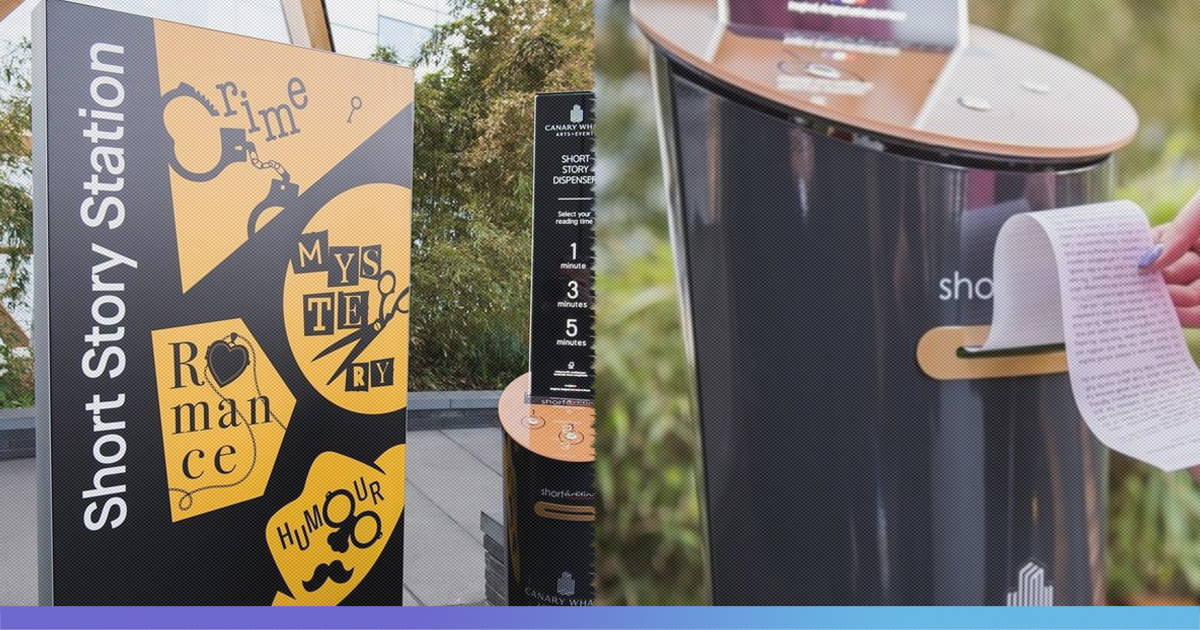“What really knocks me out is a book that, when you’re all done reading it, you wish the author that wrote it was a terrific friend of yours and you could call him up on the phone whenever you felt like it.”
Through his words, J.D. Salinger’s popular character Holden Caulfield in his famous classic The Catcher in the Rye summed up the magic of literature. Since time immemorial, authors have created characters that have become readers’ dearest friends. They have created stories on human relationships, dreamy love affairs and thrilling crimes.
How many of us have not obsessed over Elizabeth Bennett and Mr. Darcy? All of us have deeply admired Scarlett O’Hara and Rhett Butler. Sherlock Holmes has become a household name. David Copperfield and Oliver Twist have won our hearts.
However, although literature lovers will be able to relate to these, not everyone will appreciate the brilliance with which these plots were written. This is because experts believe that thousands of people of this generation do not read. Let alone browse fat books like David Copperfield, Wuthering Heights or Gone With The Wind, scores of youths do not even have the patience to read the short stories that have been immortalised by so many brilliant authors. Social media keeps this generation hooked to the internet all the time.
Free Short Stories At The Touch Of A Button
While not reading is becoming a major problem among youths across the world, a French company called Short Édition has come up with a wonderful fix. It has installed UK’s first short story vending machines in London’s Canary Wharf, which, at the touch of a button, issues one, three and five-minute reads by authors like Charles Dickens to Virginia Woolf. These vending machines provide thousands of short stories printed on scrolls of eco-friendly papyrus paper at absolutely no cost. Further, they even feature bestselling novelist Anthony Horowitz’s specially commissioned crime story, Mr Robinson.

short-edition.com
Talking to The Logical Indian, Loïc Giraut from Short Édition said, “The machine is connected by 3G, which allows us to update the content and adapt it depending on the location and audience (children’s stories, for example). A lot of people are interested in reading the stories, while they have to wait for a train or a plane, or when they want to take a break while they are shopping at a mall.”
Research that Canary Wharf commissioned revealed that in the UK, around 53 million books go unfinished every year. Over 30% of the people say that it has been as long as six months since they last read a book completely, while over 36% has given up on at least one book in the past year. Apparently, this happens due to shortage of time that is created by excessive scrolling through social media.
“We first created the website short-edition.com in 2011 to promote short content and build a community of readers and writers. At the end of 2015, in front of the coffee machine, the four co-founders had the idea of a vending machine that wouldn’t dispense coke or snacks, but literature. This is how the Short Story Dispenser was created,” Loïc said.

short-edition.com
The Signal-Man by Charles Dickens, The Happy Prince by Oscar Wilde and The Gift of The Magi by O. Henry are stories we have grown up reading and listening to. The best thing about classic novels and short stories is that no matter how long back you have read them, their impact on you remains as strong as ever. Readers using the vending machines do not know which story the machine is going to issue, and what they will find themselves reading is always a surprise. These vending machines already exist in France, the US, Canada and Hong Kong.
“Because there are so many new solicitations (social media, apps etc.), youths must think they don’t have the time to read a big book, which can even be “frightening” for them. By providing short content, we want to encourage the pleasure of reading, and develop reading skills and literacy,” said Loïc.
An initiative to make a difference
According to Loïc, this initiative is making a difference because it not only allows people to access to free literature daily, but also give a chance to writers to be published and earn royalties from their work. Short Édition is connecting readers and writers from all over the world. They are also receiving a lot of feedback through social media, e-mails, and the press.

short-edition.com
“We think that today, people take less time out to read because everything is going faster. So we wanted to adapt literature to the modern world by creating new means to read. We also think that literature should be available to all for free, that is why our concept is always free for the user,” said Loïc.
Social media taking over books and literature is a harsh reality all over the world, including India. With Facebook, WhatsApp and Instagram becoming an extremely significant part of everybody’s life, literature is gradually losing its relevance. At the launch of a learning app for school students a few weeks back, celebrated authors Ruskin Bond said that it is possible that India would soon have more writers than readers.
If the idea and the initiative by Short Édition is implemented in India, it is expected to bring about positive change among the youth. One can expect that maybe literature will slowly squeeze into the world of social media and virtual communication.
Literature is a means to escape from the harsh reality of the world and become a part of ages we never imagined we could visit. Remember how Harry Potter visited the past diving into Professor Dumbledore’s ‘Pensieve”, a magical object that stored memories? Literature is like the Pensieve. It takes us to the past and on adventures we never thought we would experience.
The Logical Indian lauds Short Édition for its brilliant initiative to introduce the magical world of literature to the millennials.












